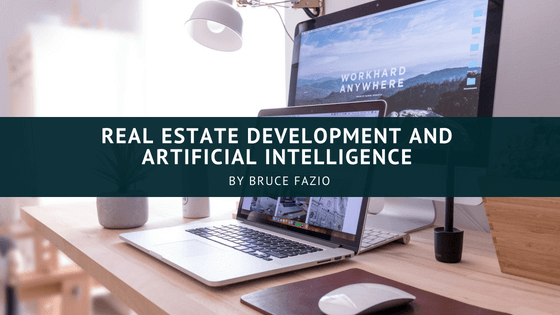Big data and artificial intelligence are proving a ubiquitous influence. Industries as traditional as taxi service and the law are being disrupted. Services never before thought possible are becoming mainstream. Not only that, big data now provides analytics that help investors make decisions faster than ever before and with far more reliable information.
Analytics and new services based on AI and big data are taking the real estate sector by storm. In Miami, real estate developers are using AI to analyze development and acquisition opportunities, according to Francisco Alvarado in an article for The Real Deal, AI also provides vital information on regulations and market conditions.
For example, developers now use AI to discover zoning restrictions, infrastructure projects, and allowed uses of certain properties. Before AI, researching these nuances was exhausting and time consuming. There was also no efficient way for developers to compare all the myriads of data points across multiple properties. With the advent of AI, in minutes, developers can compare and contrast zoning considerations, market conditions, and other relevant factors before deciding the best place to invest their money.
San Francisco based Deep Blocks, a data and analytics company, uses its AI applications to perform data analysis on properties across the country. Because it can efficiently integrate data from thousands of sources, development analysis that used to take weeks or months is completed in just five minutes.
Municipalities also benefit from the big data revolution. Urban planning has always been challenging, and in large cities, it can become very complex. Up until now, cities have been limited in their ability to predict trends and provide potential investors with the information they need in order to commit to development projects. As AI matures, city planning departments will have the information they need to analyze growth and predict future patterns.
Home owners can look forward to ultra-modern conveniences developed by AI companies. For example, the Paramount Miami Worldcenter, a Miami luxury condo building, has developed the capability to alert residents about traffic patterns. If a resident has a 9 a.m. meeting, the application can analyze traffic patterns to determine what time he or she needs to leave the unit, press the elevator button, and meet the valet. The resident can then inform the valet of the precise time the car is required.
Artificial Intelligence is a development that is taking over many different industries and as you can see, real estate development is one of them. With technology on the rise, it will be interesting to see how it continues to impact the field as this is only the beginning.


Recent Comments